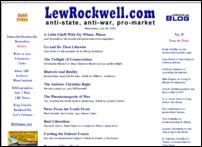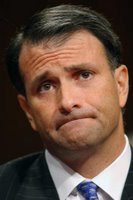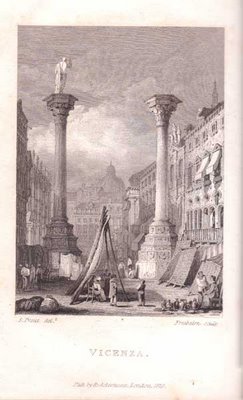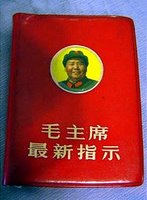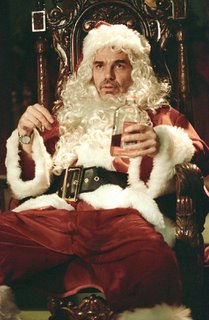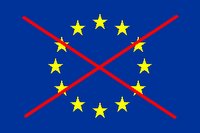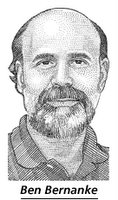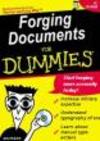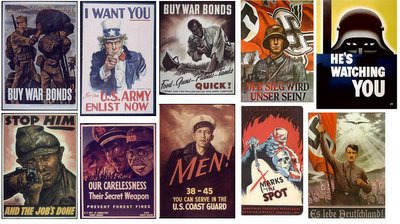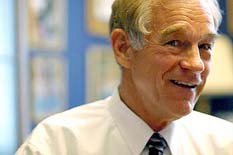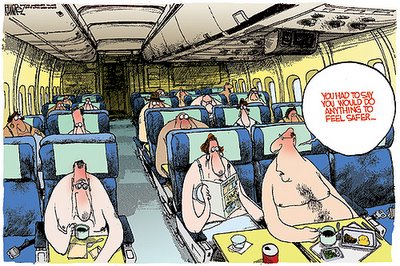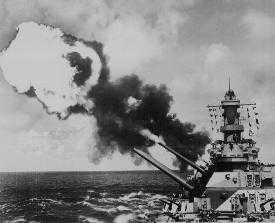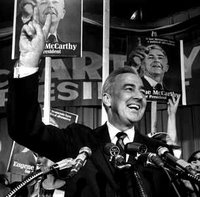
Former
Minnesota Sen. Eugene J. McCarthy, whose insurgent campaign toppled a sitting president in 1968 and forced the Democratic Party to take seriously his message against the Vietnam War, died Saturday. He was 89.
He was known for his acid tongue and individual style. He once called the Senate "the last primitive society left on Earth". If elected President he once vowed to tear down the White House fence and hold poetry readings out on the lawn.
Highlights from his less publicized later life:
- McCarthy was critical of campaign finance reform, winning him an unlikely award from the Conservative Political Action Conference in 2000.
In an interview when he got the award, McCarthy said that money helped him in the 1968 race. "We had a few big contributors," he said. "And that's true of any liberal movement. In the American Revolution, they didn't get matching funds from George III."
- After the attacks of Sept. 11, 2001, McCarthy said the United States was partly to blame for ignoring the plight of Palestinians.
"You let a thing like that fester for 45 years, you have to expect something like this to happen," he said in an interview at the time. "No one at the White House has shown any concern for the Palestinians."
- On his 85th birthday in 2001, McCarthy told the Star Tribune of Minneapolis that President Bush was an amateur and said he could not even bear to watch his inauguration.
In an interview a month before the 2003 invasion of Iraq, McCarthy compared the Bush administration with the characters in the William Golding novel "Lord of the Flies," in which a group of boys stranded on an island turn to savagery.
"The bullies are running it," McCarthy said. "Bush is bullying everything."
- McCarthy was an advocate for a third-party movement, arguing there was no real difference between Republicans and Democrats.
- He blamed the media for deciding who is and is not a serious candidate and suggested he should have kept his 1992 candidacy a secret, since announcing it publicly did no good.
- Instead of giving people a chance to earn a living, McCarthy said, the Great Society "became affirmative action and more welfare. It was an admission the New Deal had failed or fallen."
His son Michael told CNN on Saturday, "I think he would enjoy being remembered as a contrarian."
UPDATE:
Joe Sobran Remembers Gene McCarthy:
I met McCarthy briefly in Minneapolis about that time and told him how much I’d admired him in 1968, something he no doubt heard thousands of times for the rest of his life. When I told him I was now writing for Bill Buckley’s National Review, he smiled: “I’ve always thought Bill was playing poker with Monopoly money.” It was the kind of gently barbed, slightly enigmatic witticism you’d expect from him...
...So in Gene McCarthy’s honor, I think it’s enough to say that he spoke with intelligence and candor, he raised our expectations of politicians, and, once upon a time, he was there when we really needed him. No hyperbole is necessary. He is gone now, and it hurts.


